I had some thoughts over the weekend, and I wanted to get them down before I forgot. I’ve been pondering the Fall and the forbidden fruit. In Genesis 2-3, the forbidden fruit looms almost as large as the serpent, but I suspect it’s mostly because of two things: The threat of death, and we know how the story ends. I suspect that leads us (creationists? other theologians?) to telescope in on the fruit and the consequences, as if that was all that was going on. As I ponder this, I’m also thinking about some modern theistic evolution readings of the Fall, where the entire account is rendered a kind of fable for the common human experience of yielding to temptation. After all, what kind of father curses the entire human race to death because someone ate the wrong piece of fruit?
The following article has been reblogged with permission from Todd’s Blog. The views expressed reflect those of the author, and not necessarily those of New Creation.
And that’s where I think it’s tragically misguided, because by focusing solely on the fruit, we’re ignoring the context of God’s instructions. God did not create the universe and place humans on this planet merely to avoid eating a piece of fruit. God gives humanity several tasks in the creation account, and those tasks are all, I believe, linked to reflecting the image of God. Humanity must exercise dominion, which is elaborated as caring and guarding creation. Humanity must be fruitful and multiply, because we cannot reflect the image of God alone. And as we look forward in the scripture, we can reasonably surmise there would be other things that would be expected of us, like not murdering people (I’m looking at you, Cain). So the fruit was not the only thing forbidden and certainly not the only way Adam and Eve could have sinned.
Why bother with the fruit though? Why make one tree arbitrarily forbidden? There must be a larger purpose here, one that is sensible in the larger tasks given to humanity and the other expectations placed on them. The account of the creation of Eve is an exercise of dominion as the image of God, where Adam sees that the creation is incomplete and names creatures, just as God did in Genesis 1. Could this prohibited fruit serve a similar purpose? Is it an exercise of proper dominion? One exercise is a positive activity (naming animals and recognizing the incompleteness of creation), and the other is a negative prohibition (there are some things that you may not do).
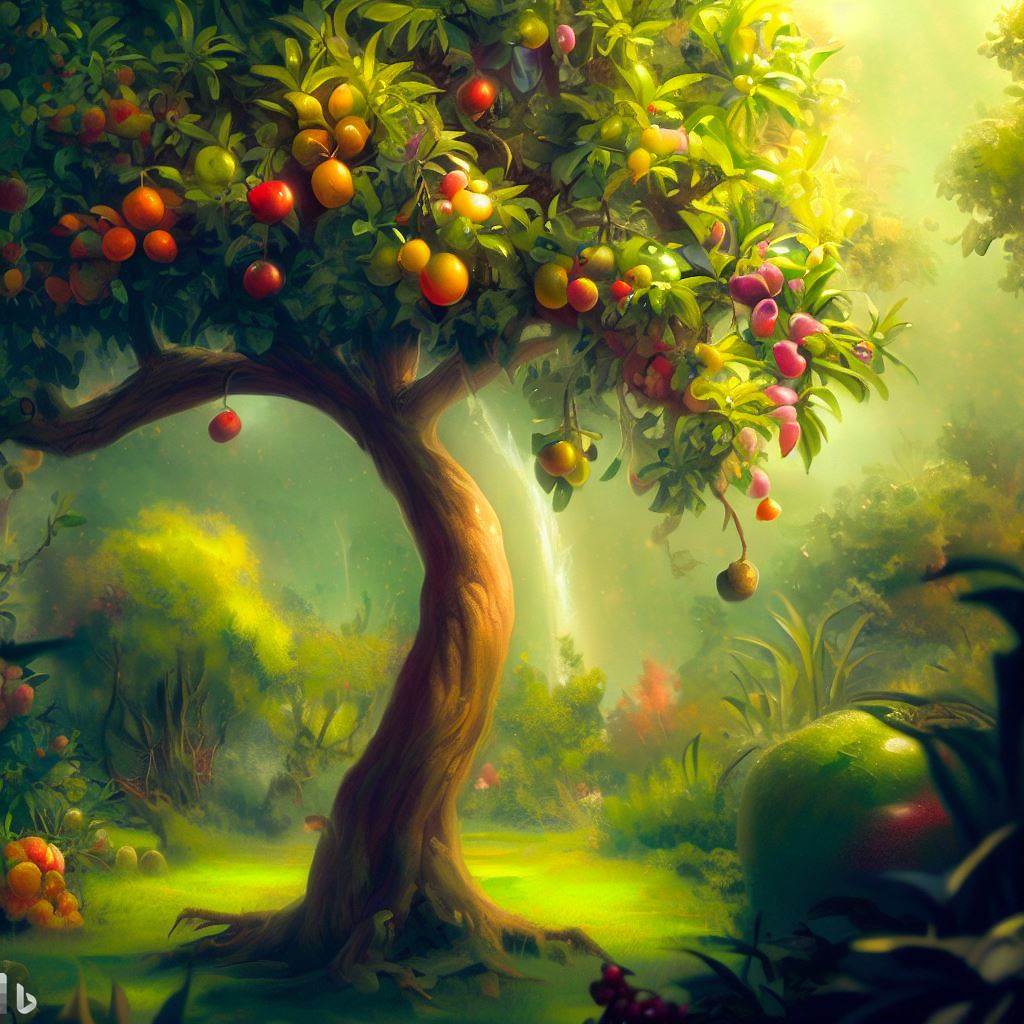
If so, that raises an additional question: If the fruit prohibition is an exercise, were there other things that might have been prohibited to unfallen humanity in their exercise of dominion? Now that question certainly deserves an affirmative answer. Wanton destruction of creation for selfish purposes couldn’t possibly be part of the exercise of dominion. Even more, if there was genuine immortality before the Fall (whether or not it was conditional on the tree of life), there would certainly be some biological knowledge that would be out of reach without death. Indeed, as I like to point out to my students, biology may be a discipline that studies life, but we often do it by killing things. Even the modern cell biology revolution was largely made possible by HeLa cells, which were harvested from an aggressive tumor that killed a woman.
Could the forbidden fruit be just the beginning of many things that God would prohibit to humanity in the unfallen world? So the failure in the garden was not merely violating one random law of God: It was a failure to act in true dominion over the earth. They listened to a wily serpent rather than to God. They succumbed to their own desires and poor judgment rather than obeying the word of God. All of these things are wrapped up not in biting a fruit but in failing to exercise dominion – one of the central tasks of humanity – to show the image of God. One who is faithful in a very little is also faithful in much, and one who is dishonest in a very little is also dishonest in much. We blew it right at the very beginning.
Could it be that death came to creation not merely because Eve ate some fruit or Adam disobeyed God’s command but because humanity collectively failed in the much greater and more central task of reflecting God’s image in our dominion over creation? That’s a much graver sin indeed.

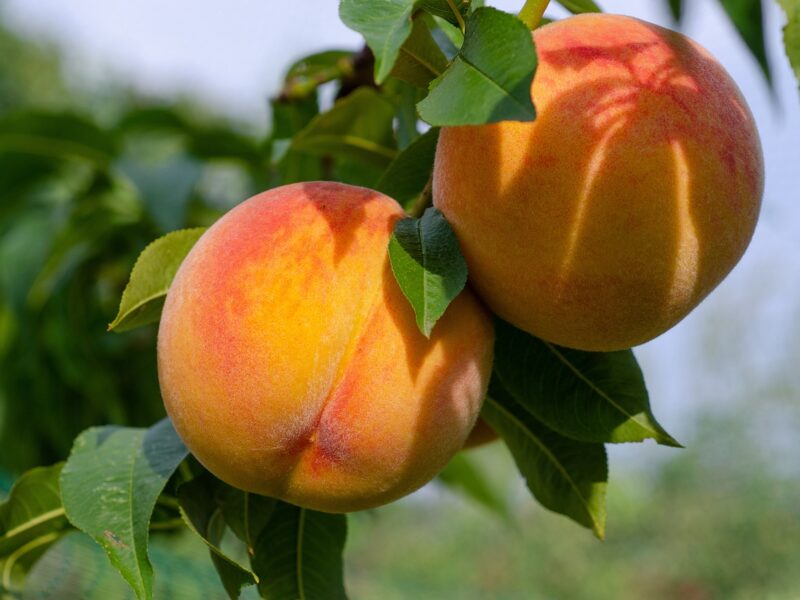
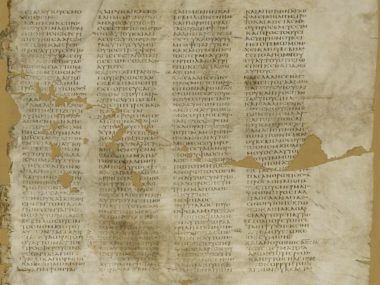
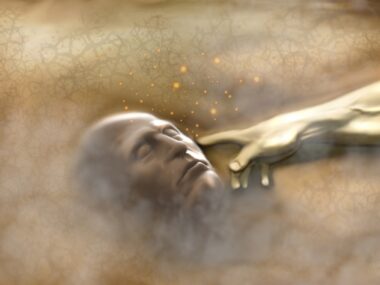

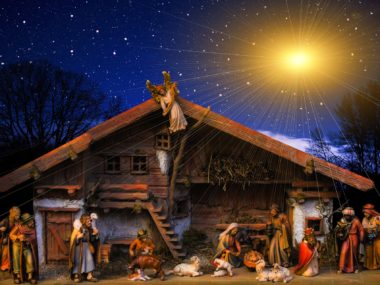






No. I see no relevance to dominion issues. it was simply Eve/Adam seeking to be as powerful as God, they were told, and from this wicked pride seeking to dethrone him and maybe destroy him. It was rebellion and not mere disobediance. By the way remember there was another tree. Possibly showing a constrast. They could eat of the tree of eternal life as a option or the tree of forbidden fruit. not sure but this choice might be important. thats why after they eat God had to immediately stop them eating the other tree. meaning they already eat of it but anymore would stop the punishment of death. Something likle that.
I’m not convinced, Robert, that this was the motivation behind the disobedience (perhaps rebellion) of our first parents. If it was indeed wicked pride, how did this ego and pride get into their hearts, given their perfect environment, seemingly flawless relationship with their Creator. Where they dissatisfied or otherwise unhappy in their dealings with Elohim? Was it something lacking in their Edenic caretaking lifestyle? Nothing seems to happen for no reason at all, so what was the seedbed in Adam/,Eve that the serpent could use to cause them to fall? I agree with you, Robert, perhaps not a dominion issue, but rather Doubt. “Did God say…? was the fish-hook, yes?
Rebellion or disobedience? That is a big question. I am on the side of disobedience. They had not become evil as the Serpent for listening to it, and then disobeying God’s instructions. Nowhere does the Bible tell us Adam and Eve evil as the Serpent, but in fact were ashamed of themselves at the knowledge of their wrong. They didn’t lash out at Him in anger when He confronted them. They knew they had wronged, just not the real depth of it nor the reality of the consequences. Look, Jesus is in the line of Adam, some say the opposite of Adam but in the same family line. Adam and Eve disobeyed and created the first sin. Jesus obeyed and brought forgiveness for that sin, for all. It was the Serpent who was evil, and wicked, and determined to diminish God and his creations. Adam and Eve were his tools.
Could the identity of the unknown forbidden fruit in the world’s oldest and greatest mystery story have something to do with procreation and the family Adam and Eve do not have until after their eviction from Eden at the end of Genesis 3? Adam and Eve disobey the Genesis 1:28 commandment–the first commandment–to “be fruitful and multiply [in the Garden]” when they become one flesh incorrectly (Genesis 2:24) by eating from the wrong tree in the allegorical Garden’s center (Genesis 2:9). So they disobey not just one commandment, but two at the same time. Finally, it is interesting that half of Eve’s punishment in Genesis 3:16 is painful childbirth–because she chooses to not have children in the Garden of Eden and God wants to remind her of her decision?
The entire evidence-based exegesis is included in the preceding four sentences. But why was this confusing allegory, whatever its meaning, constructed in the first place, as the original literal story most certainly came first, a story that confused absolutely no one, unlike the allegory into which it evolved? The widely held belief that the forbidden fruit in the Bible story is an apple illustrates among other things how confirmation bias serves as a terrible mechanism that cripples our critical thinking as it prevents discussion, criticism, and evaluation of the validity of the proposed exegesis that begins with Genesis 1:28, continues through Genesis 2 and 3, and concludes with Genesis 4:1. So the struggle continues in an effort to protect the self-esteem of so many who have held lifelong beliefs they are unable to change.